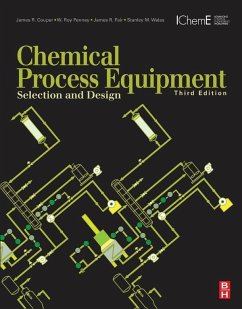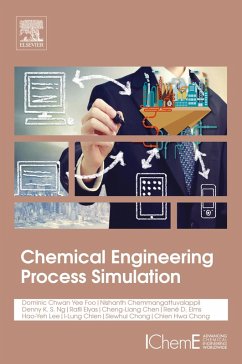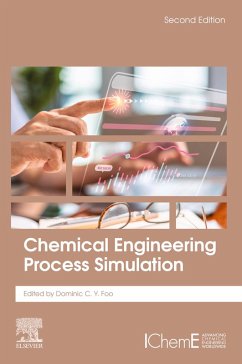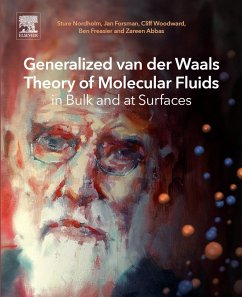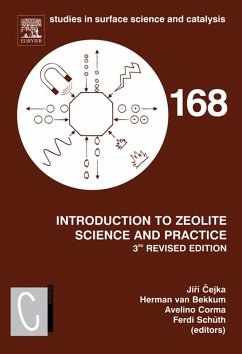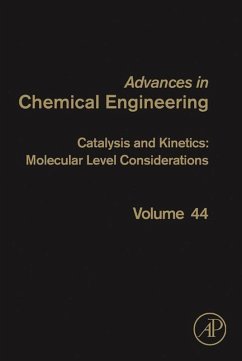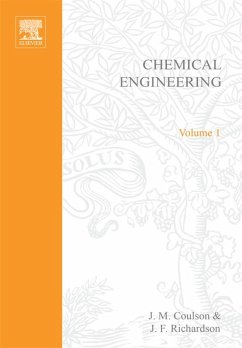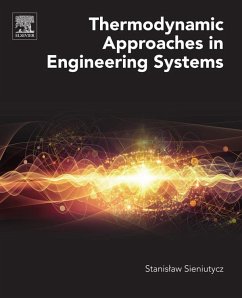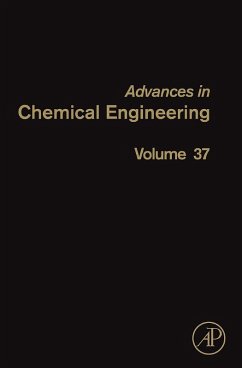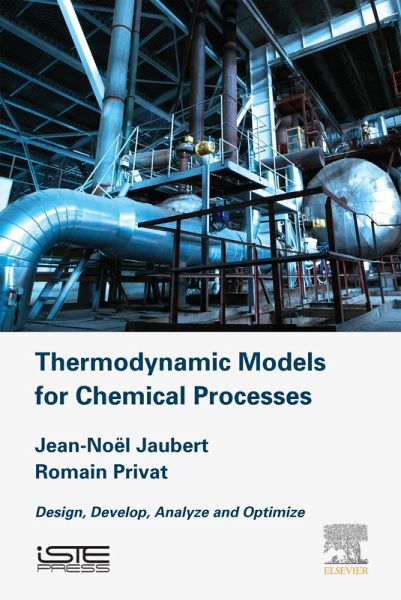
Thermodynamic Models for Chemical Engineering (eBook, ePUB)
Design, Develop, Analyse and Optimize
Versandkostenfrei!
Sofort per Download lieferbar
51,95 €
inkl. MwSt.
Weitere Ausgaben:

PAYBACK Punkte
26 °P sammeln!
Thermodynamic Models for Chemical Engineering gives an overview of the main thermodynamic models used by engineers and in engineering researcher processes. These fall into two main families, equations of state and activity coefficient models. The book presents the state-of-the-art of purely predictive models. - Presents a comprehensive overview of the main thermodynamic models - Explains their theoretical base - Gives detailed methods to estimate model parameters
Dieser Download kann aus rechtlichen Gründen nur mit Rechnungsadresse in A, B, BG, CY, CZ, D, DK, EW, E, FIN, F, GR, HR, H, IRL, I, LT, L, LR, M, NL, PL, P, R, S, SLO, SK ausgeliefert werden.



